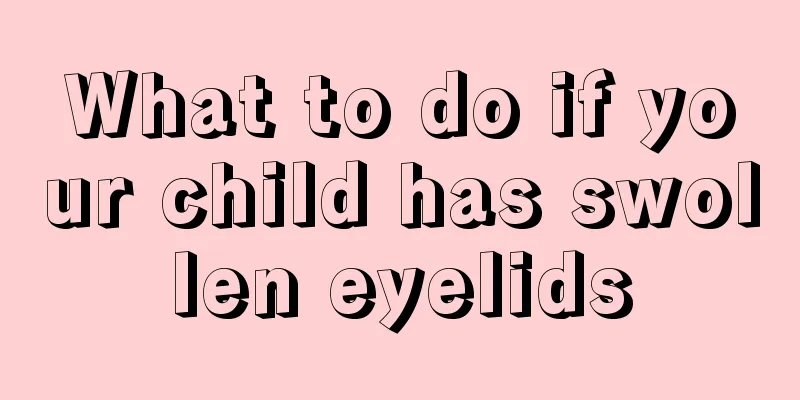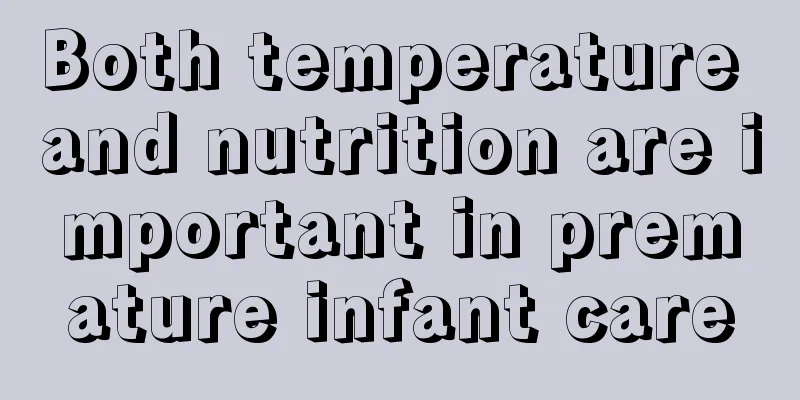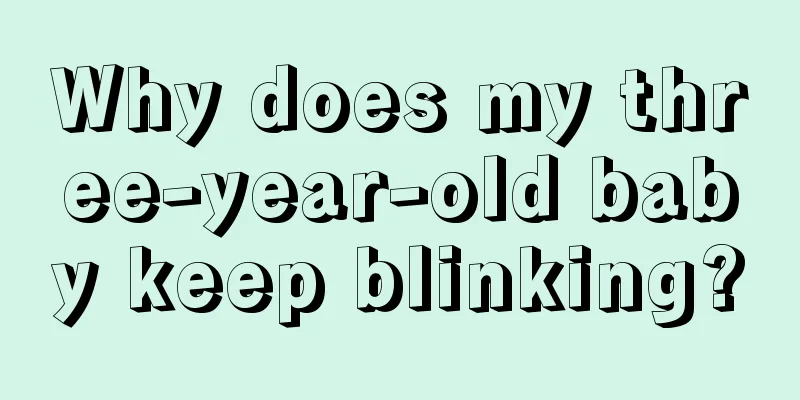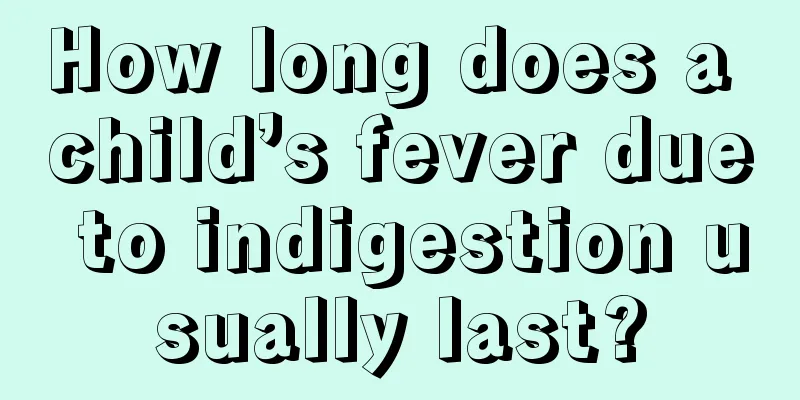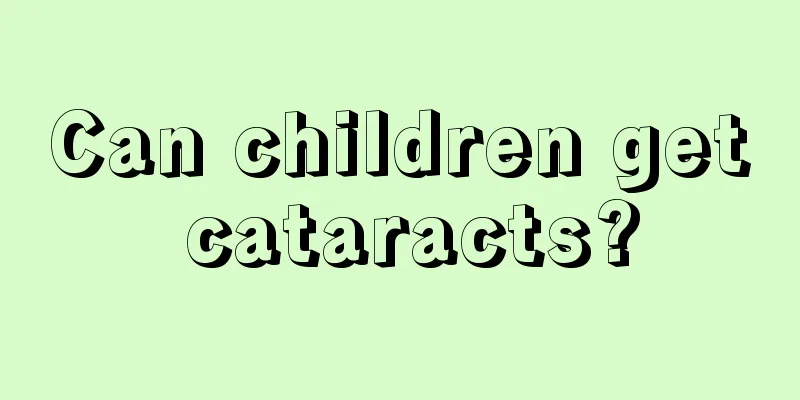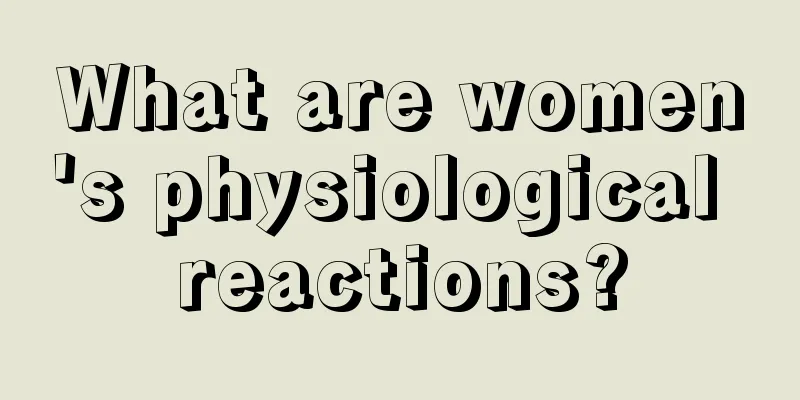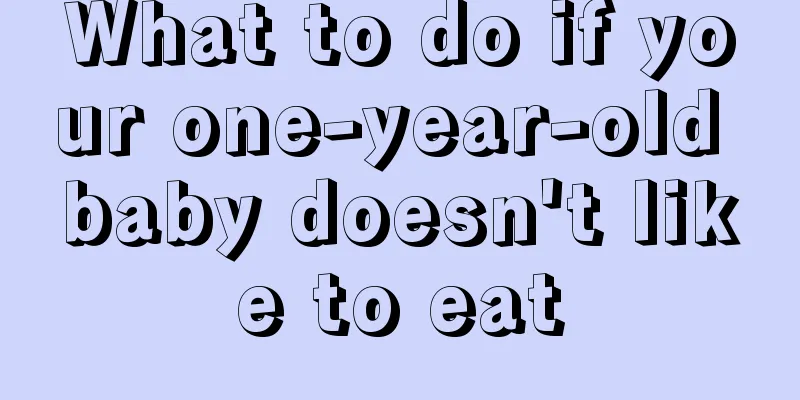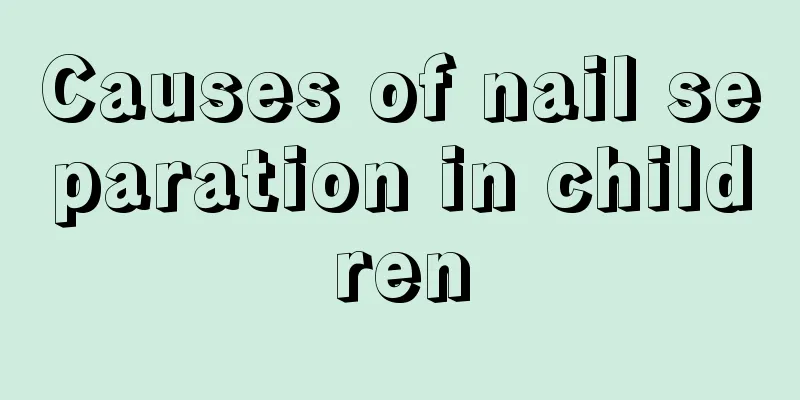Why do children have convulsions?
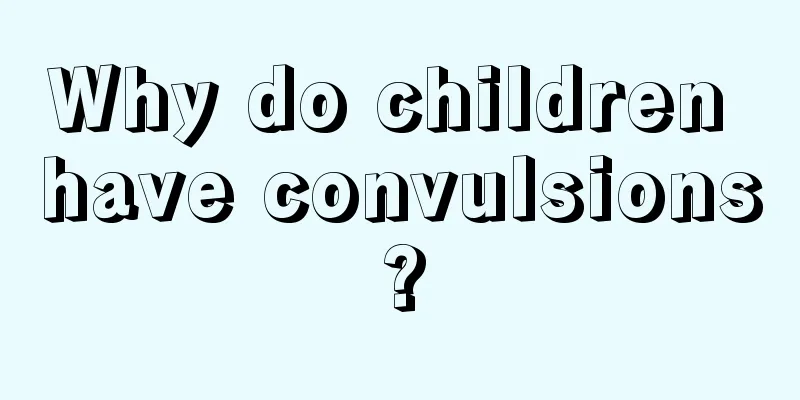
|
People often experience convulsions in life. In comparison, because children have poor resistance and weak bodies, they are more likely to experience convulsions. For example, when a child has a high fever, if effective cooling methods are not taken in time, the child will have convulsions due to the high fever. In short, the reasons that cause children's convulsions are more complicated, and the common reasons are as follows. Why do children have convulsions? The child suddenly had convulsions, which made the parents very worried. What happened? Relevant experts introduced that there are many factors that cause children to have convulsions, the most important of which are epilepsy, febrile convulsions, electrolyte disorders, etc. Among them, febrile convulsions are the most common factor in children's convulsions. If a child has a convulsion, they should avoid fatigue and ensure adequate sleep, at least 8 to 16 hours for children. They should participate in moderate exercise, such as walking, jogging, badminton, tennis, table tennis, etc. They should not participate in swimming, mountain climbing, diving and other sports, and try not to ride a bicycle to prevent falls or traffic accidents during an attack; watch less TV and do not play electronic games. Child with fever and convulsions When a child has a fever and convulsions, parents must be alert to the possibility that it is a febrile convulsion, which is a common symptom among children. Many children who go to the hospital for treatment with a fever are admitted to the emergency department because of fever and convulsions. Parents should pay attention to whether their children have fever or convulsions in daily life, and make sure to send them to the hospital for treatment in time. Children with febrile convulsions will experience convulsions, which usually resolve on their own within 5 minutes. However, if the child continues to convulse for more than 5-10 minutes without relief, or if the convulsions recur in a short period of time, it indicates that the condition is serious and the child should be sent to the hospital immediately for doctor's help. Causes of convulsions in children It is important to understand the cause of convulsions. Although the medical community has conducted many years of research on convulsions, it has not yet revealed a clear cause of the disease, which is precisely the main reason why convulsions are difficult to treat. But generally speaking, medicine generally agrees that the disease is hereditary and that the incidence rate in boys is higher than in girls. Previous studies have suggested that children with convulsions may have mild brain dysfunction, but in recent years only a small number of children have been found to have this sign. However, the harm of convulsions is still quite serious. In order to effectively treat convulsions, understanding the cause of convulsions is the key to treatment. 1. Mental factors Certain mental stimulation can induce this disease, such as excessive learning demands, too much blame, family discord, emotional neglect or certain tense atmosphere in the environment. These factors can cause children to have contradictory psychology, and convulsion behavior is the external manifestation of psychological conflicts. How to diagnose whether a child has convulsions, and what tests should be done for convulsions? 2. Habit and imitation Children's initial tics may be due to a conditioned escape response, such as blinking when there is a foreign object in the eye, or imitating the tics of others, which may become a habit over time. 3. Parental concern The more attention parents pay to or try to stop their children from having convulsions, the more frequent and severe the convulsions will be. On the contrary, if parents consciously ignore the attention, the convulsions will be easier to relieve. 4. Physical factors Children with certain neuropsychiatric types are prone to this disease, such as those who are nervous, timid, hyperactive, emotionally unstable, sensitive to people and things, and have a tendency to be stubborn. 5. There is something wrong with the education method Parents of children with convulsions have many problems in their methods of educating their children, such as inconsistent discipline, frequent beating and scolding of their children, failure to set a good example themselves, pampering their children, and lack of harmony in the family. 6. Infection Respiratory infections such as colds will aggravate the condition, so try to avoid colds, and seek timely treatment if you become ill. |
<<: What causes children to twitch while sleeping?
>>: What are the symptoms of autism in a 2-year-old baby?
Recommend
Intestinal polyps in children
Intestinal polyps may occur in a variety of peopl...
My baby is too fat and the wrinkles on his chin are broken. What should I do?
Nowadays, babies generally eat well, so most of t...
Methods for detecting precocious puberty in children
If your child suffers from precocious puberty, yo...
What causes black spots on the white of a child's eye?
In our lives we can find that a baby's eyes a...
How to deal with cold and nasal congestion in children
Because children have low immunity, they are very...
What are the dangers of CT scan of infant brain?
The brain health of infants is very susceptible t...
What are the best ways to improve students' memory?
In fact, everyone's memory level is different...
Common mental illnesses among adolescents
Most teenagers will start to rebel when they reac...
What are the precautions for cutting children's hair
Although superstition is bad, all parents hope th...
Why does my baby have diarrhea after drinking milk?
What worries families the most when babies are dr...
Why do children's nails not grow long?
Fingernails and toenails are essential to the hum...
How long does it usually take for babies to grow teeth?
Nowadays, parents are particularly concerned abou...
What are the characteristics of ADHD in children?
Children are the sustenance and hope of the famil...
Treatment of infantile tics
According to surveys, the number of patients with...
What should I do if my child has angular cheilitis?
Because the sebum secretion of the lips is weaker...
